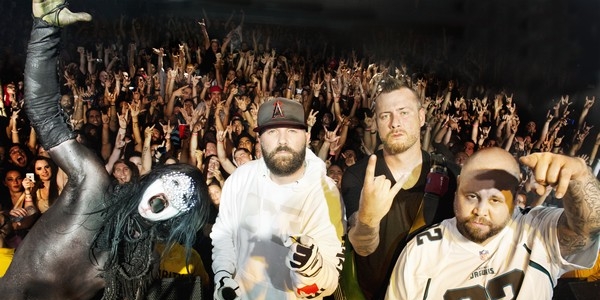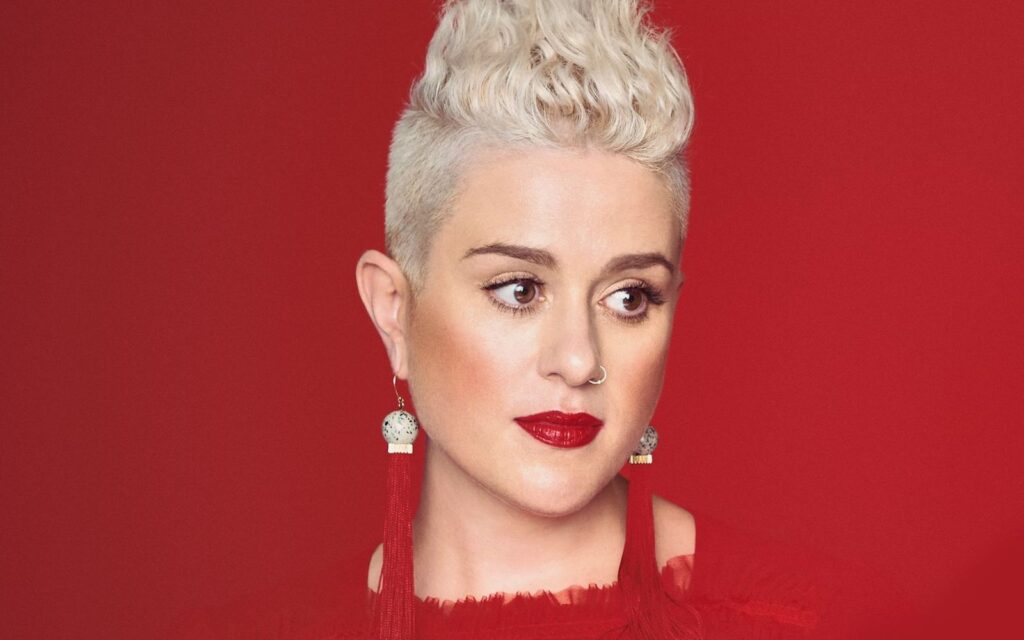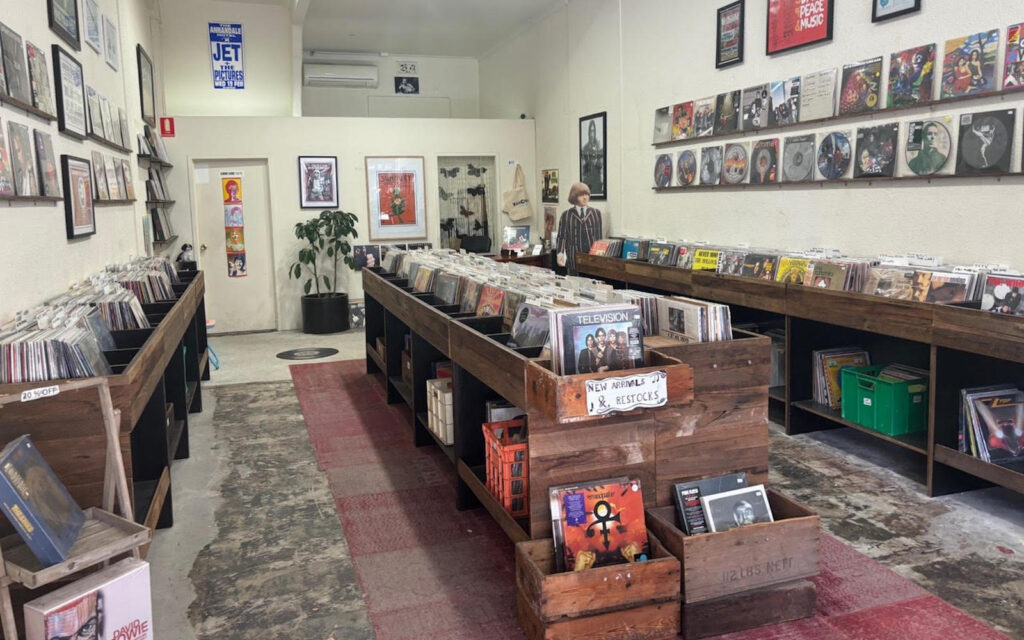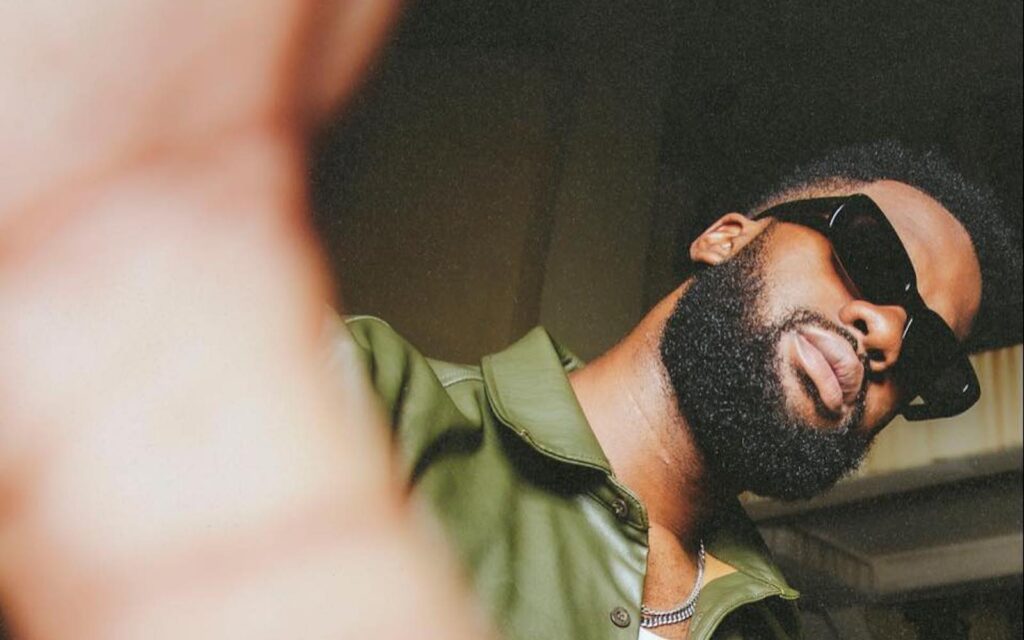“I got into The Specials and Madness and the British Beat, the second wave that happened in the UK, and I just remember belonging to that sort of music.” The now nearly 50-year-old Nicky Bomba leans on the word belonging. “That led me to reggae, the whole genre moved me on some level and I don’t even like to try to explain it but there is certain songs that make me wanna dance when I put them on, they lift my spirit they lift my energy, they make me roll my sleeves up and get busy.”
Bomba is nothing if not busy, ever since he and his brother formed their cover band, Fugitive Flight in the late ‘70s he has been playing music in one form or another virtually every day of his life. From his work with Ethiopian music Dereb Desalegn in Drums and Lions, his long relationship with John Butler, his won Bomba Band or lately, and increasingly, the multi-player, multi-layer Melbourne Ska Orchestra. “Most musos don’t make a living, they have to have another job,” he agrees, “What I have thankfully been able to do is diversify. I haven’t always just been playing drums in a band. [I might] have three or four different bands on the go playing different types of things, so I can do a variety of things.
“I have learned how to work in the studio, I have my own studio so I can record other people and that was a way making bread and butter, especially when I had a family. It’s just about having your fingers in five different pies; it’s the only way you could kinda make a living.
“It’s not common that there are bands that have success like Gotye, that’s a small percentage that that happens too. The majority of musicians on this planet are playing their gigs on the weekend, they’re teaching, they’re writing some songs. You have to ask yourself, ‘Is this what I want to do?’ I suppose it is like any art, you have to open up your income stream so that you can make living doing that thing if that is what you chose to do.”
It’s also about surrounding yourself with people who can be part of your musical journey, and Bomba is completely ensconced in a musical family. His sister, Daniella, is also known as Mama Kin (also known as Mrs John Butler) and his bother Michael plays with Mama Kin and Nicky himself.
His relationship with John Butler is more than brothers-in-law – they share a passion for reggae, funk and creating music. Bomba was an integral part in getting Butler’s career moving, playing on his debut, finding the bass player, studio and engineer. However, at the time, he was focuses don his own band and chose not to tour.
“So I found them a drummer and then with that other drummer, they recorded Grand National and after that I was kind of having some time off. That whole thing about ambition and anxiety was getting me down, I kind of felt like I was banging my head against a wall. I felt that I was making really good art but I didn’t have the right team. So I took some time to let the dust settle and said to John that we should jam, which led to ‘let’s make another album’. He found another bass player, changed the band and we recorded April Uprising.
“So then for the next three years after that, I toured that, I become part of the unit. Went around the world, experienced all those beautiful things, I mean we played big gigs, Red Rocks, big gigs you know.”
In 2003, with Butler still enjoying massive success, Nicky Bomba was back in Melbourne, writing and playing, plying his craft, it was the 40th anniversary of ska music’s birth and he had a novel idea. “We tried to set the world record for the most horn players on stage. So we booked the Gershwin Room, put the word out and we were inundated with so many people, we had no idea that there was such a big scene for this sound in Melbourne. So we put the gig on, it was fucking huge, completely sold out, a real celebration of the form… we totally forgot about the world record but it was so great we decided to do it.” And by it, he means become a band.
“We got together once a year and played a gig or two for five or six years, it was more of a get together but a couple of years back I managed to secure a spot at Bluesfest, and we decided to really get the show together and it was a major hit.” Such a hit they asked the band back.
“Second year we played there we got some interest to record an album. I’m always writing, so we basically recorded 23 original, 21 actually and two covers. For us it is another new wave of ska because we didn’t just copy what was done before, we’ve tried to make some great hybrids. We incorporated Latin with ska, some funk with ska; we really tried to mix up the rhythms and the tonality. We added chords that come from jazz, rather than just the straight up ska.
“Since we got signed and released the album it’s been this beautiful trajectory.” Indeed it has. The album in questions has garnered two ARIA Awards nominations: one for engineer of the year and one for Roots and Blues album of the year. For a musician so deeply rooted in the creativity of music and working with musicians, I am curious to know how Nicky Bomba knows that it is time to focus on just one of his projects, as he currently is with the Melbourne Ska Orchestra?
“It’s a bit like fishing or planting seeds,” he explains. “At some point the conditions are right and that plant is fruiting like crazy and you nurture that part of the garden more. Even if it doesn’t grow, you still have to put the maintenance in. It doesn’t happen often, so when it does you’ve got to appreciate but also not be obsessed by it. It is quite easy to get sucked into that celebrity thing, the press, and all that stuff which takes you away from what got you into it in the first place, which is writing songs and playing music. You have to get that balance right.”
Which is why leaving the John Butler Trio for the much larger musical family of the Melbourne Ska Orchestra was a fairly easy decision to make. “One of the many reasons that I wanted to join up and play with John is that having a great team is part of the key to success. But that takes time, if I’m gonna build this ship then this is how it is going to be. And if you don’t take that impulse from the start, if you don’t have that conscious thought at the start… which is one thing I did with this project… and it kind of happened organically, I found a really good manager who was interested in the band, a good publicist, a good label and a good radio promoter, just this whole team and I removed myself from the marketing and become all about the creative and I think the result, I mean you are spending money, but it feeds back into it. It is an investment.
“It’s interesting, because there is a lot of love in this music, you don’t be in this band for financial reasons, there’s a magic that exists when we are writing and playing. Because there is a magic there you have to have fun with it, you got a lot of energy and you get a lot done. The hardest thing with this band is the fucking catering man, that was a big part of the recording budget.”
BY JEREMY SHEAFFE







